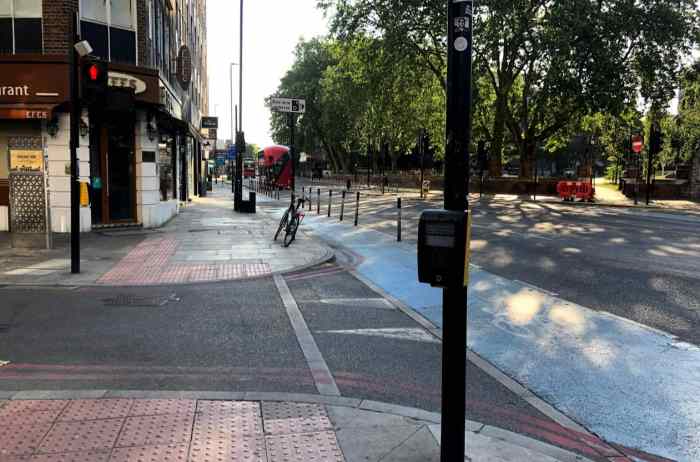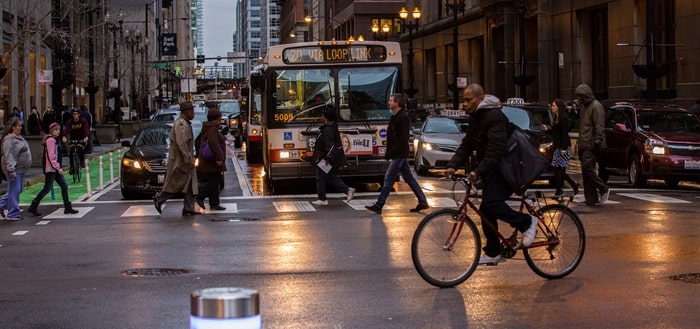In the realm of musical expression, street tunes emerge as a captivating genre, reflecting the vibrant tapestry of urban culture. Sources of Street Tunes Crossword provides an in-depth examination of this enigmatic art form, delving into its origins, diverse manifestations, and profound cultural impact.
From traditional folk melodies to contemporary electronic beats, this comprehensive guide unveils the myriad sources that nourish the ever-evolving landscape of street music. By tracing its historical roots and analyzing current trends, Sources of Street Tunes Crossword offers a profound understanding of this captivating phenomenon.
Etymology of “Street Tunes”: Sources Of Street Tunes Crossword

The term “street tunes” originates from the early 20th century, when musicians and singers began performing in public spaces for money or entertainment. These performances often featured traditional folk songs, popular music, and improvisational melodies.
Historically, street music has played a significant role in urban communities, providing a platform for cultural exchange and social commentary. It has been a means for musicians to showcase their talents, connect with audiences, and earn a livelihood.
Types of Street Tunes
Street tunes encompass a diverse range of musical genres and styles, each with its unique characteristics and origins:
| Genre | Characteristics | Origins |
|---|---|---|
| Folk Music | Traditional melodies, often passed down through generations; lyrics often tell stories or convey cultural values | Rural and urban communities worldwide |
| Popular Music | Catchy melodies, simple harmonies, and lyrics that appeal to a wide audience | Commercial music industry, often influenced by popular culture |
| Classical Music | Complex melodies, harmonies, and rhythms; often performed by trained musicians | European tradition, dating back to the Renaissance period |
| Electronic Music | Created using electronic instruments and synthesizers; often characterized by repetitive beats and experimental sounds | 20th-century developments in electronic technology |
Sources of Street Tunes
Street tunes can originate from various sources, including:
- Traditional folk music: Passed down through generations, often reflecting cultural traditions and values
- Popular music: Adapted from mainstream music industry, appealing to a wide audience
- Classical music: Adapted from classical compositions, showcasing technical skill and musical complexity
- Electronic music: Created using electronic instruments and technology, pushing the boundaries of musical expression
Cultural Impact of Street Tunes

Street tunes have a profound cultural impact, reflecting the diversity and creativity of urban communities:
- Provide a platform for cultural exchange, fostering connections between different social groups
- Showcase local talent, giving musicians a chance to perform and gain recognition
- Contribute to the vibrancy and atmosphere of urban environments, creating a sense of community
Contemporary Trends in Street Tunes
Street music continues to evolve with contemporary trends:
- Influence of technology: Musicians use electronic instruments, loop pedals, and mobile recording devices to enhance their performances
- Rise of social media: Platforms like YouTube and TikTok provide new avenues for street musicians to share their music and build a following
- Emergence of new subgenres: Blending traditional styles with electronic elements, creating unique and innovative sounds
FAQs
What are the primary sources of street tunes?
Traditional folk music, popular music, classical music, and electronic music are among the primary sources of street tunes.
How do street tunes reflect the diversity of urban communities?
Street tunes often incorporate elements from various cultures and musical genres, reflecting the multicultural nature of urban environments.
What are some examples of street tunes that have had a lasting impact on popular culture?
Bob Dylan’s “Blowin’ in the Wind,” Woody Guthrie’s “This Land Is Your Land,” and Public Enemy’s “Fight the Power” are just a few examples of street tunes that have become iconic cultural touchstones.